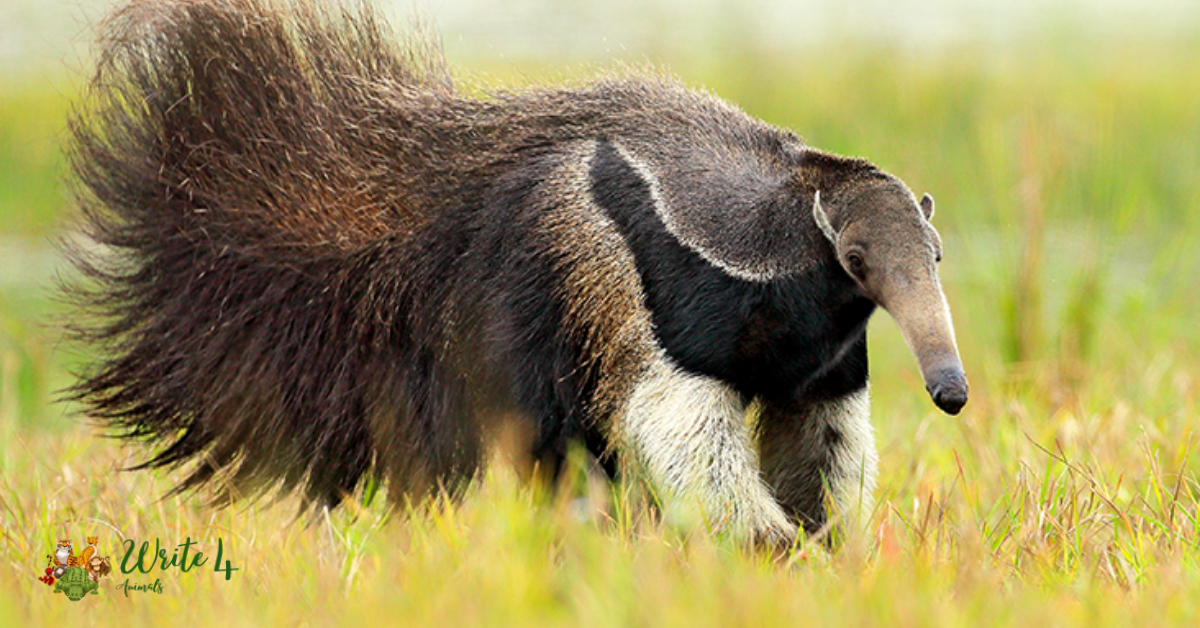In the vast and diverse realm of the animal kingdom, intelligence comes in various forms and degrees. While some species showcase remarkable problem-solving abilities and cognitive prowess, others have evolved with simpler, more instinct-driven minds. In this exploration of the animal world, we delve into the intriguing topic of intelligence and present the top 10 Animals with the Lowest IQ.
Top 10 Animals with the Lowest IQ
1. Sloth
The sloth, a symbol of leisure and a master of the slow lane, stands out as one of the animals often associated with lower intelligence. Found in the tropical rainforests of Central and South America, these tree-dwelling mammals are renowned for their unhurried movements and seemingly lackadaisical approach to life. With their leisurely pace and limited range of activities, sloths have earned a reputation for having one of the lowest IQs in the animal kingdom.

Despite their seemingly lackluster cognitive abilities, sloths have evolved to thrive in their unique environment. Their slow metabolism and minimalistic lifestyle contribute to their survival in the dense canopies where they spend the majority of their lives.
While their mental processes may not rival those of more active and engaged species, sloths’ simplicity is an adaptation that has enabled them to carve out a niche in the intricate ecosystems they call home.
In the realm of animals with the lowest IQs, the sloth embodies the idea that intelligence takes various forms, each tailored to the specific needs of the species and its environment.
2. Koala
The koala, an iconic marsupial native to Australia, is often associated with its seemingly sluggish demeanor and exclusive diet of eucalyptus leaves. While these adorable creatures have captured the hearts of many, their cognitive abilities are considered to be on the lower end of the animal intelligence spectrum.
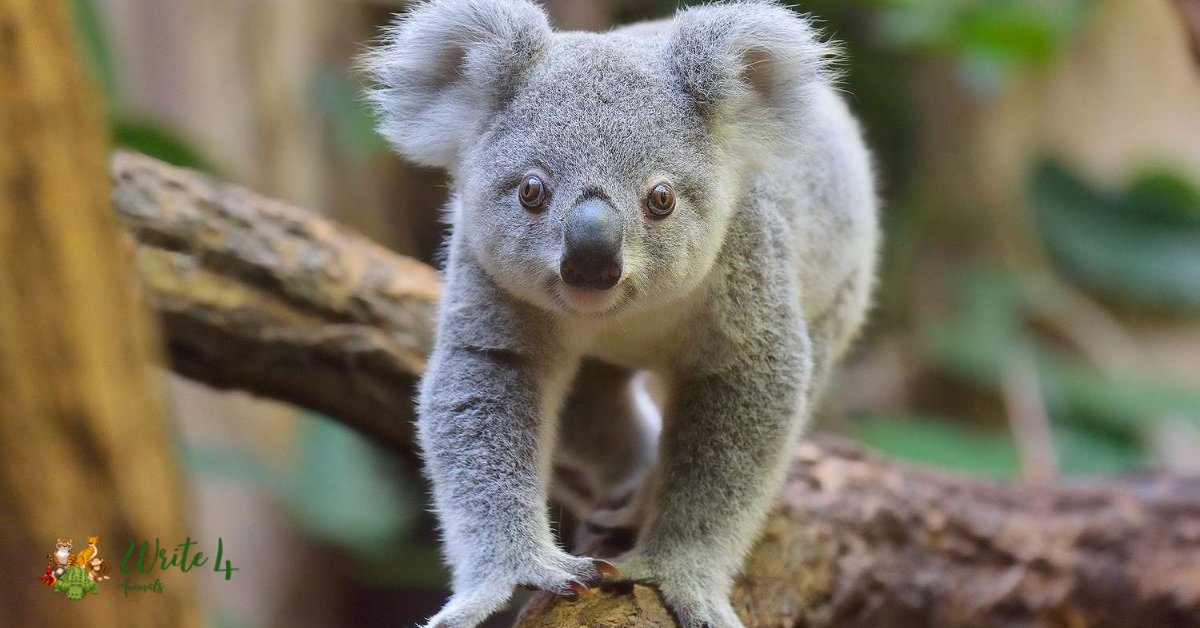
Koalas are primarily arboreal and spend a significant portion of their lives in eucalyptus trees, where they feed, sleep, and reproduce. Their dependency on a highly specialized diet and their sedentary lifestyle contribute to their reputation as animals with lower IQs. Unlike some of their more active counterparts, koalas do not engage in complex behaviors or problem-solving activities.
Despite their perceived lack of intellectual prowess, koalas have evolved to efficiently navigate their specific ecological niche. Their simplicity aligns with the demands of their environment, showcasing that intelligence, in the context of survival, can take various forms.
3. Armadillo
Armadillos, with their distinctive armor-like shells and burrowing habits, are intriguing creatures that inhabit the Americas. Despite their unique physical adaptations, these armored mammals are often associated with lower intelligence when compared to other members of the animal kingdom.
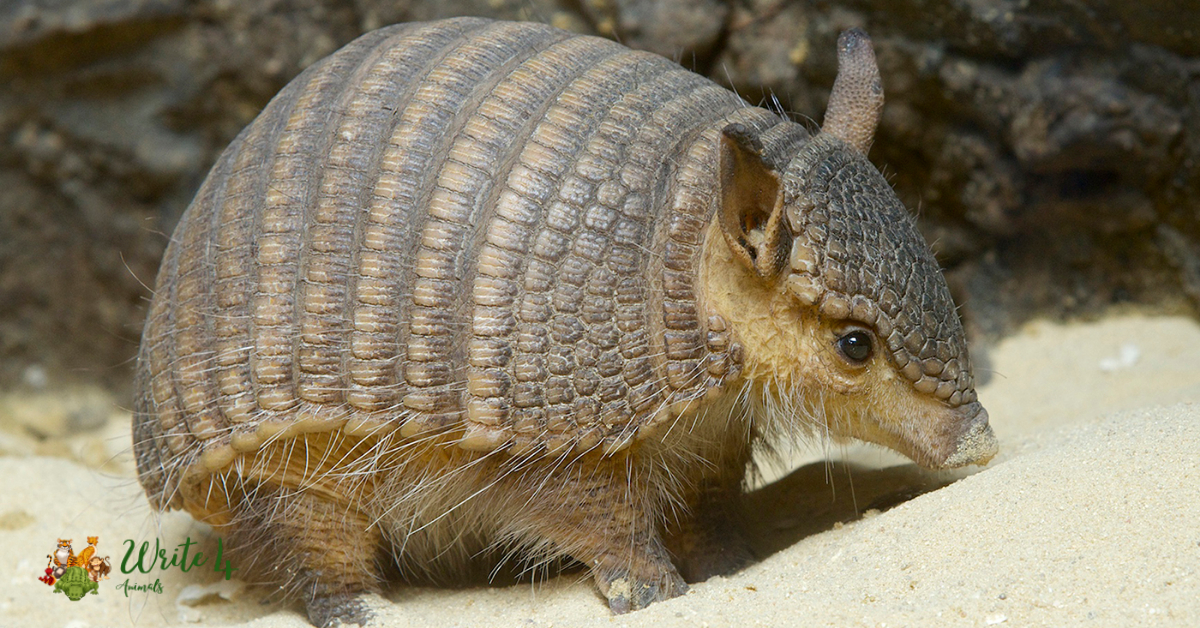
Armadillos are primarily insectivores, using their keen sense of smell to locate their prey. Their burrowing behavior and armor provide them with protection against predators, but their cognitive abilities are considered modest in comparison to more intellectually demanding species. Armadillos, with their simple behaviors and reliance on instinct, are classified among animals with lower IQs.
While their problem-solving skills may not rival those of more complex mammals, armadillos have successfully adapted to their environments. Their ability to thrive in diverse habitats showcases that intelligence, even at lower levels, can be a key factor in a species’ survival and ecological niche.
4. Anteater
Anteaters, with their long snouts and distinctive tongues, are fascinating creatures known for their specialized diet of insects, particularly ants and termites. Despite their unique adaptations for feeding, these insectivores are often considered to have lower intelligence compared to their mammalian counterparts.
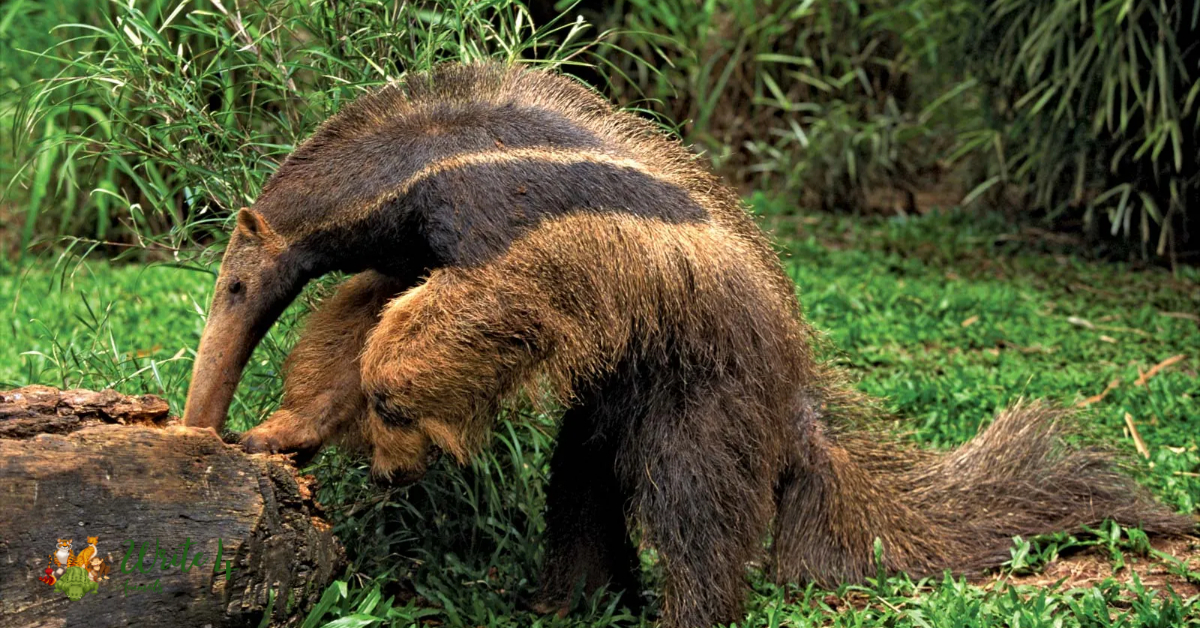
Anteaters rely on their highly developed sense of smell to detect ant and termite colonies, and their long, sticky tongues aid in extracting their prey from nests. While their feeding strategy is specialized and efficient, their cognitive abilities are perceived as more basic, placing them among animals with lower IQs.
The simplicity of the anteater’s behavior aligns with its specialized ecological niche. By focusing on their instinctual hunting techniques and limited social interactions, anteaters have adapted to thrive in environments where their unique skills are essential for survival.
In the world of animals with the lowest IQs, the anteater showcases that intelligence, even at a simpler level, can be finely tuned to meet the specific challenges of a species’ lifestyle and ecological role.
5. Tortoise
Tortoises, with their ancient and majestic presence, are often revered for their longevity and stoic demeanor. These reptiles, characterized by their hard shells and slow movements, are considered among the animals with lower intelligence. While their pace of life may be unhurried, tortoises exhibit a unique set of behaviors that reflect their ability to navigate the challenges of their environment.
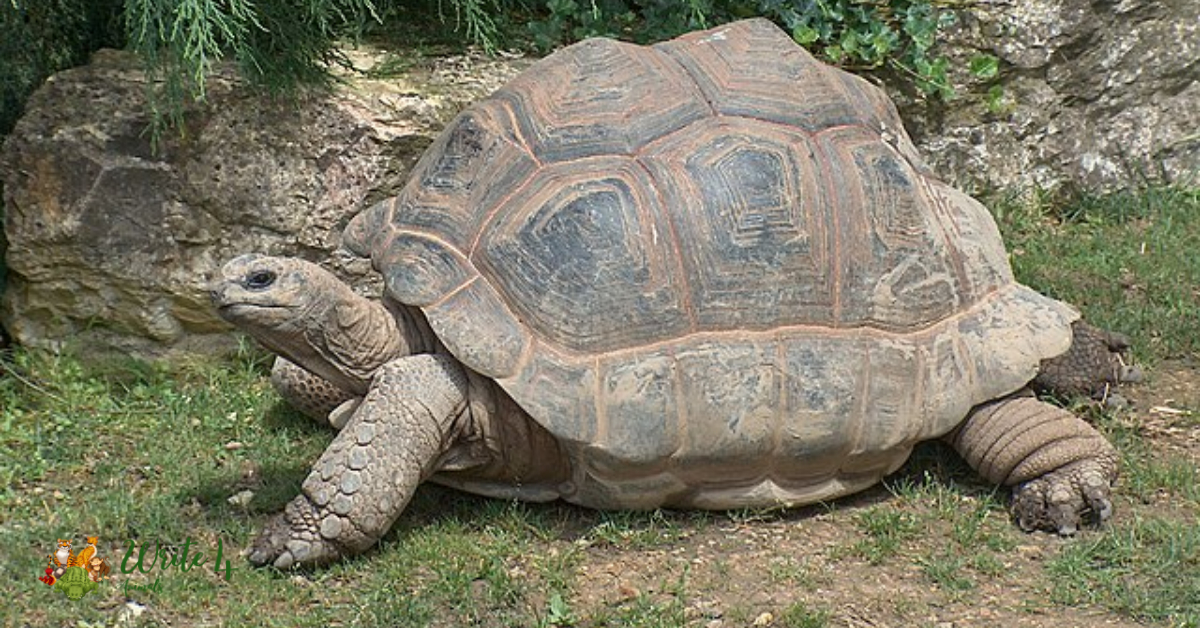
Tortoises are known for their longevity, with some species living well over a century. Their slow metabolic rate and simple foraging habits contribute to their reputation as animals with lower IQs. However, their ability to navigate their surroundings, find suitable habitats, and exhibit territorial behaviors demonstrates a level of intelligence finely tuned to their specific ecological niche.
In the realm of animals with the lowest IQs, the tortoise stands as a testament to the idea that intelligence, even when perceived as modest, can be a key factor in a species’ ability to adapt and thrive.
6. Sheep
Sheep, known for their woolly coats and docile nature, are domesticated mammals that have played a crucial role in agriculture for centuries. With a penchant for grazing, these herbivores exhibit a unique social sophistication within their flocks.

Despite their perception as animals with lower cognitive abilities, sheep showcase an intricate understanding of herd dynamics and communication. Recognizing familiar individuals, responding to herding cues, and navigating their environment collectively highlight a form of intelligence finely tuned to their communal lifestyle.
Their success lies not only in individual problem-solving but in the cohesion and cooperation essential for survival in group settings.
7. Gazelle
Gazelles, with their slender bodies and graceful movements, are herbivores that thrive in the open landscapes of the savannah. Renowned for their speed and agility, these animals showcase a unique form of intelligence adapted to survival in the wild.
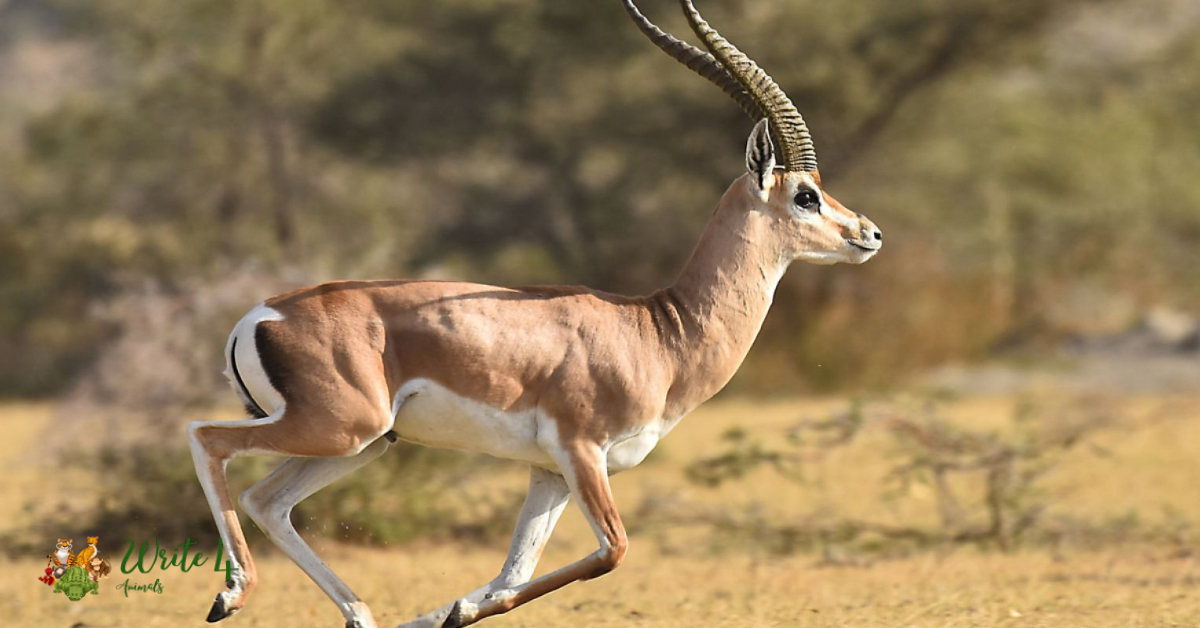
While their cognitive processes may not be as rapid as some other creatures, gazelles exhibit a harmony with their environment. Their swift running abilities serve as a primary defense mechanism against predators, emphasizing an intelligence finely tuned to navigate the challenges of the open savannah.
The simplicity of their behaviors aligns with the demands of their ecosystem, showcasing a unique and specialized form of animal intelligence.
8. Penguin
Penguins, with their tuxedo-like plumage and endearing waddling gait, are iconic inhabitants of the icy Antarctic regions. These flightless birds have evolved with unique adaptations to thrive in one of the harshest environments on Earth.
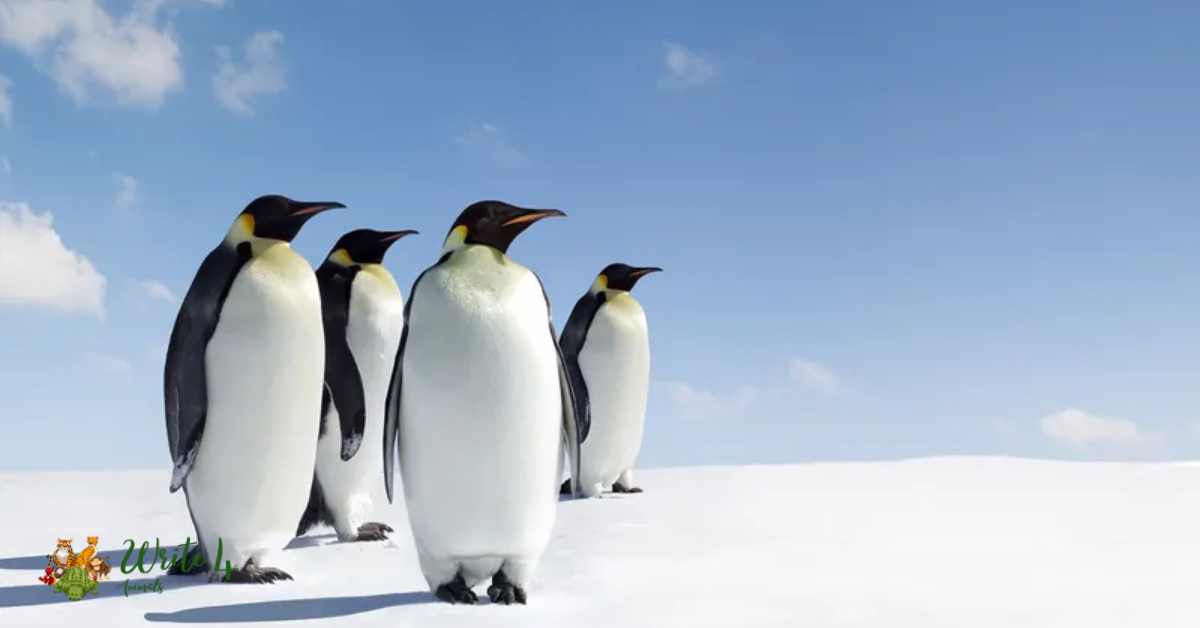
While their intelligence may not be characterized by complex problem-solving, penguins exhibit behaviors and adaptations that contribute to their success in the polar habitat. Their communal nesting and parenting behaviors, as well as their ability to endure extreme cold, highlight an intelligence suited to the challenges of their environment.
Penguins showcase a specialized form of animal intelligence, shaped by their ability to navigate the icy waters, communicate within colonies, and raise their young in challenging conditions.
9. Snail
Snails, with their spiral shells and unhurried movements, are often perceived as creatures with lower cognitive abilities. However, these seemingly simple gastropods exhibit a range of strategies for survival that align with their ecological niche.
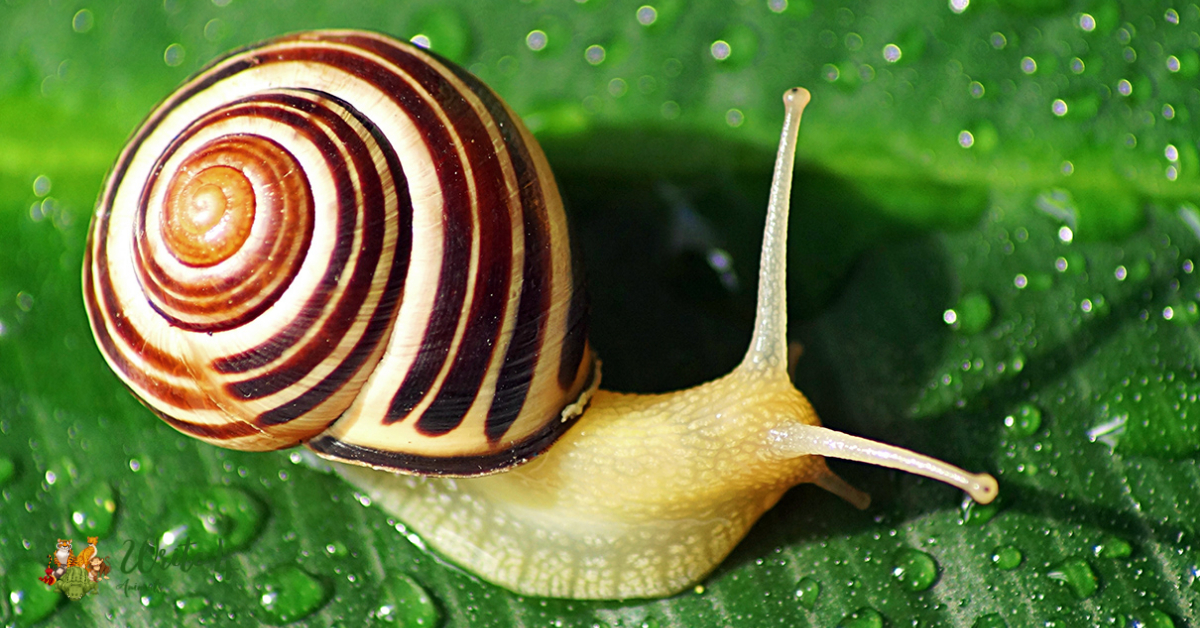
The ability to retreat into their shells as a defense mechanism, slow but steady foraging habits, and adaptability to various environments highlight a form of intelligence suited to their small, unassuming stature.
While their behaviors may seem basic, snails showcase an ability to navigate their surroundings and find food sources effectively. Their simplicity reflects an intelligence finely tuned to meet the challenges of their environment, emphasizing that survival strategies can be just as important as complex problem-solving abilities in the animal kingdom.
10. Frog
Frogs, the diverse and colorful amphibians found in various ecosystems, showcase a fascinating range of behaviors and adaptations. While their cognitive processes may not be as complex as those of some other animals, frogs exhibit intelligence shaped by their semi-aquatic lifestyles.
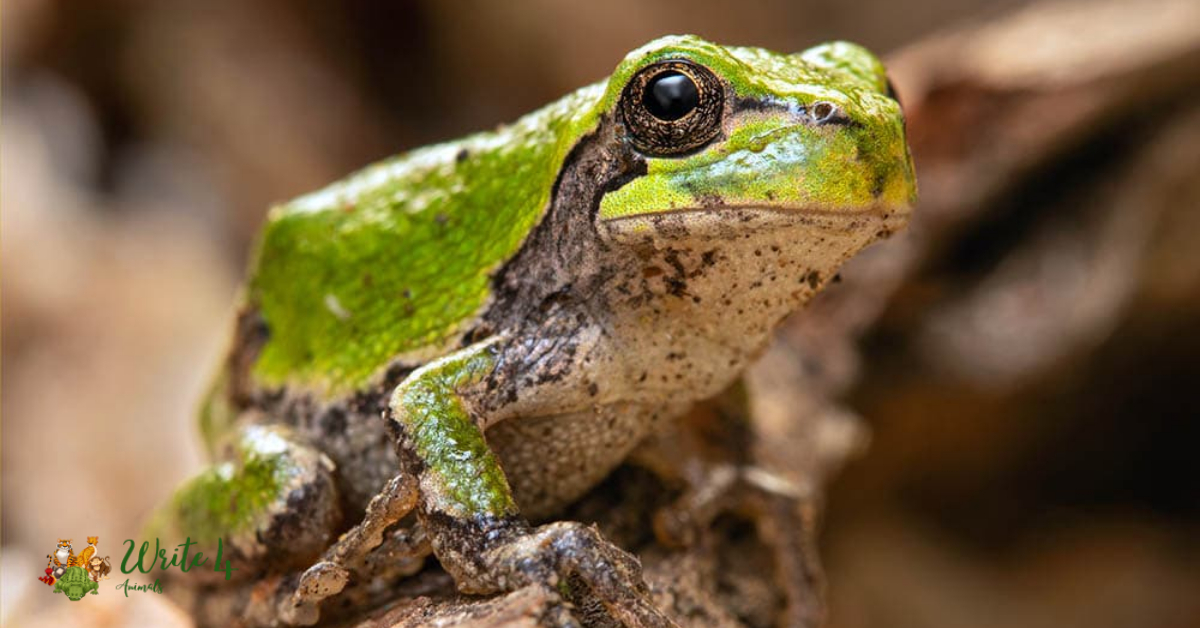
Known for their jumping abilities and distinctive vocalizations, frogs utilize these traits for both escape and communication during the breeding season. Their ability to undergo metamorphosis, transitioning from aquatic tadpoles to terrestrial adults, reflects a unique form of adaptation and survival strategy.
While frogs may not engage in intricate problem-solving, their intelligence is finely tuned to the challenges of their environments, emphasizing the diversity of adaptive behaviors in the animal kingdom.
Also Read
